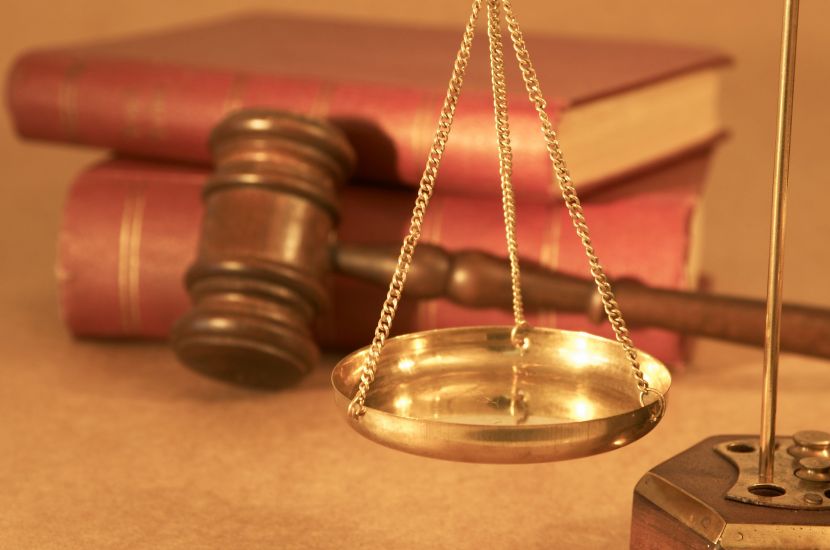As an individual goes through life, in most cases he or she accumulates tangible assets as well as debt. During this time, most people prepare a will so that they can be in control of the distribution of these assets upon their death. When the individual dies, the probate process can begin in accordance with Idaho probate law.
Probate is a process whereby it is determined that the decedents will is valid. Once the validity of the will has been ascertained, all the assets and liabilities are brought together, any debts which are determined to be valid are paid, the identity of the named heirs is established and the remaining assets in cash and kind are distributed in accordance with the terms of the will.
In most cases of probate there is no need for court involvement, the will can be probated by using the probate lawyer in Boise Idaho that was named as the personal representative of the decedent. In cases where there are disputes over the will, then the court will step in to determine the wills validity.
If the person had not created a will prior to his or her death, then probate is conducted intestate. If the will is found to be invalid, the same thing happens, the probate is conducted intestate. This simply means that the assets of the decedent will not be made by the will as there is not one; the distribution will be made in accordance with Idaho probate law. The court is responsible for appointing an executor for the estate and once this formality has been taken care of, the process begins. In the case of probate intestate the approach is similar to probating an estate where there was a will; the executor gathers the assets, pays the valid debts but then, the remaining property is distributed in accordance with law, rather than in accordance with the will of the decedent.
An important part of the process is the executor sending notice to all those who may have an interest in the affairs of the decedent; these people include family members and all the known creditors. Usually the executor and the court will allow six months for creditors to make a claim against the estate, if they neglect to make the claim, they forfeit the amount owed by default. In the case of creditors, some are known and some are not. The executor sends notice directly to the known creditors and then publishes a notice in the newspaper telling anyone who has an interest in the estate to come forward.
After the normal six months period, the court grants the executor authorization to proceed with the administration of the assets and pay the valid debts. Once the distribution and payments have been made, the issue is closed; it is not possible for creditors that did not register their debt to try to get satisfaction from any of the heirs.



